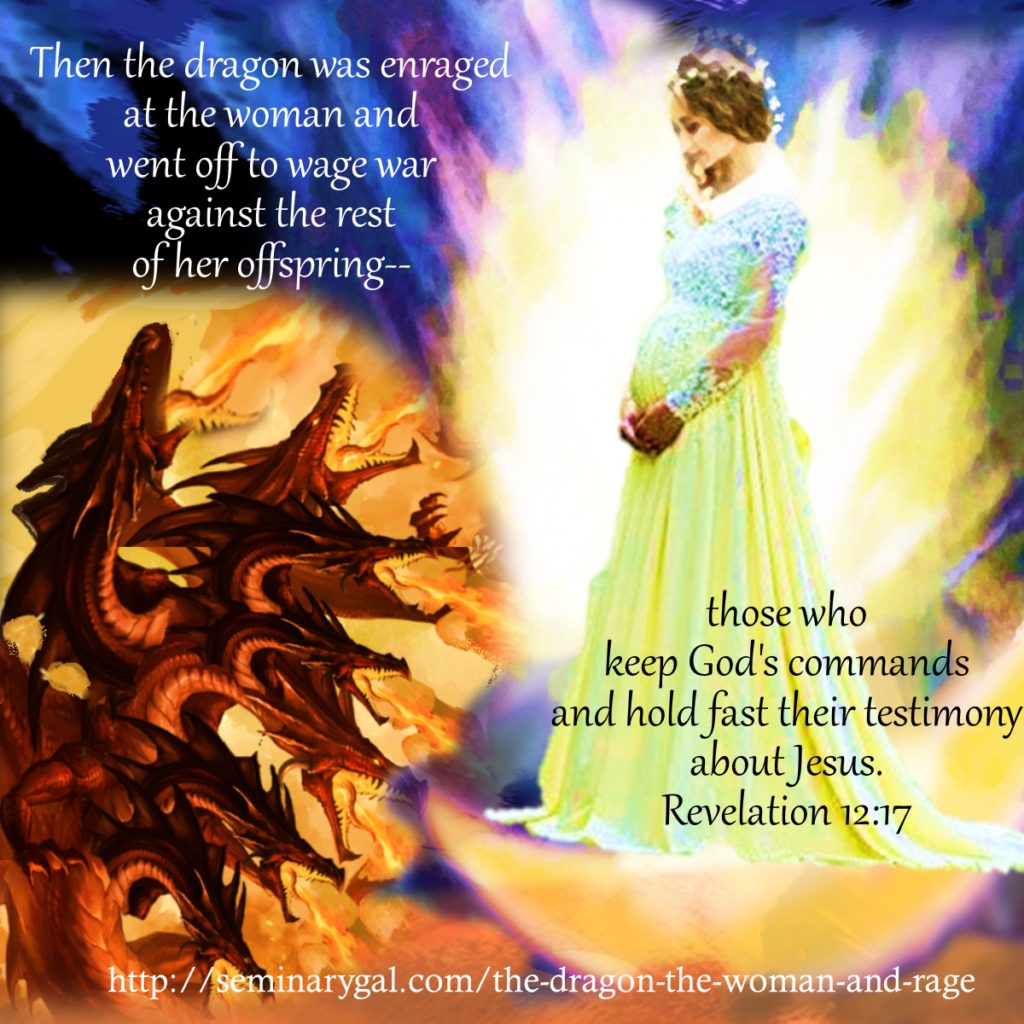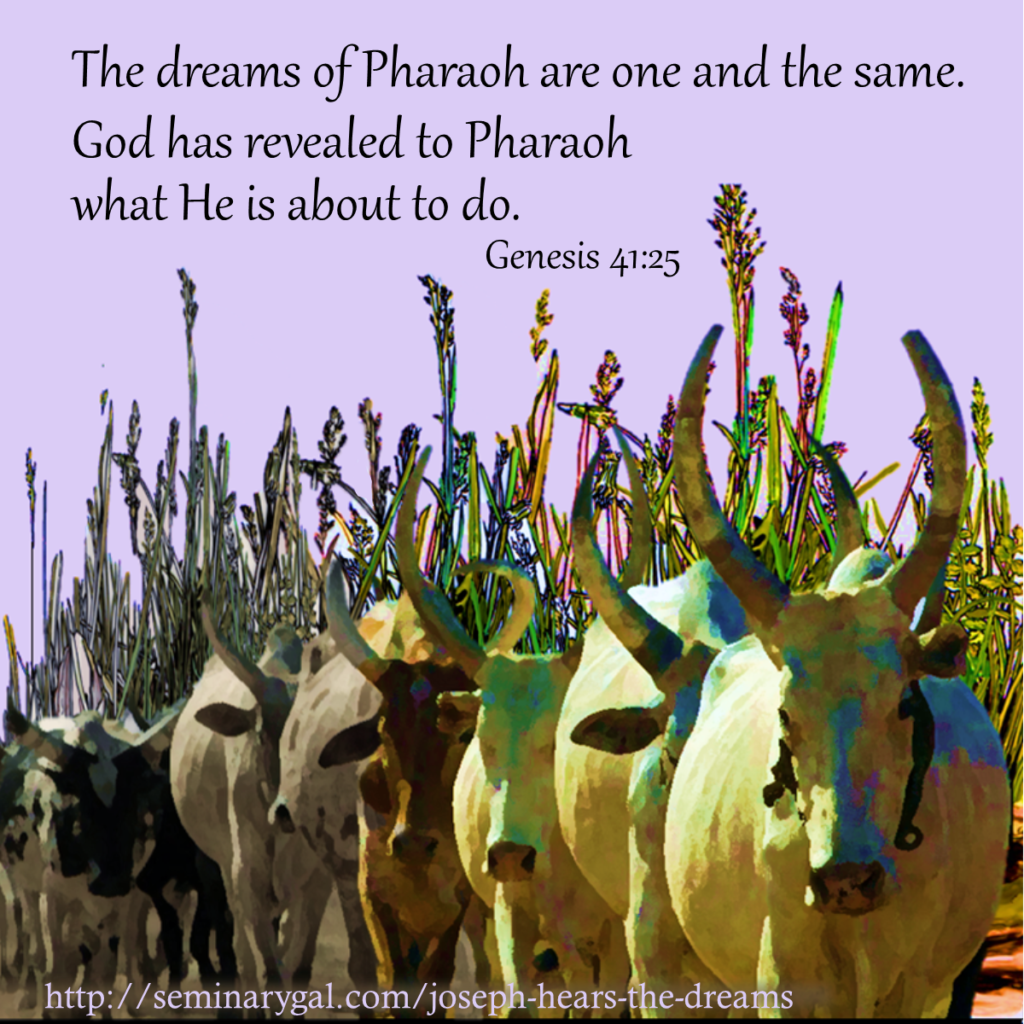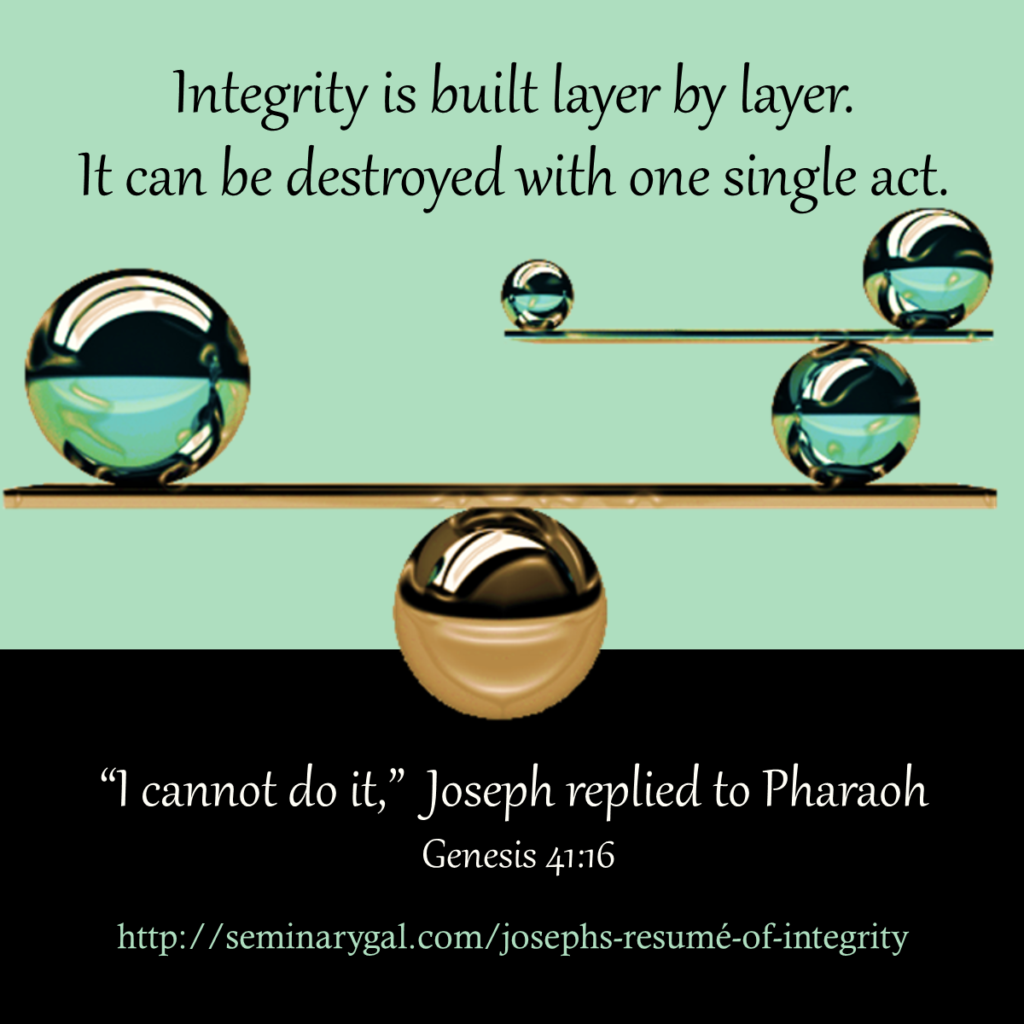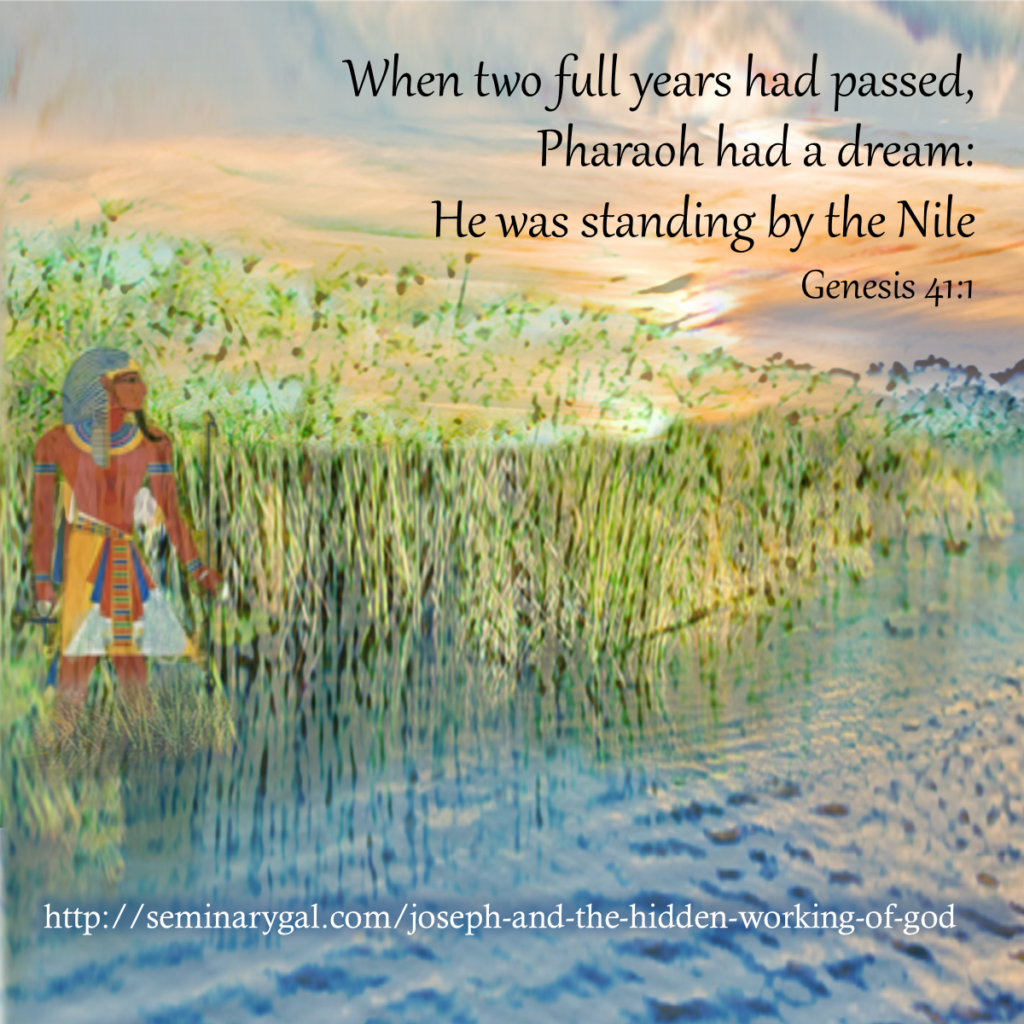Human nature being what it is, some people in Egypt probably hadn’t heard the plan outlined by dream interpretation in Joseph: A Life With Many Colors. Some would hear the plan, but not believe it…they simply rejected it. Some would hear and trust the plan, but as the corrosiveness of time beat relentlessly against their confidence, they found themselves feeling defeated. Impatience with the plan unfolding may have made them doubt its veracity and caused some to wonder why they ever believed it at all. Some would hear the plan, trust the plan, and wait upon it. That would be Joseph during the fourteen years total, the seven of abundance followed by seven years of famine according to God’s plan.
Genesis 41:47 During the seven years of abundance the land produced plentifully. 48 Joseph collected all the food produced in those seven years of abundance in Egypt and stored it in the cities. In each city he put the food grown in the fields surrounding it. 49 Joseph stored up huge quantities of grain, like the sand of the sea; it was so much that he stopped keeping records because it was beyond measure.
I can almost hear a few scoffers among the unbelievers “Hands off my grain! I grew it. It’s mine!” And Joseph’s reply, “But it’s for the coming famine.” “Famine? What famine??? We’re having the best crops of our lives! Famine, my foot.” “Trust me. Trust the plan. Seven years of abundance, seven years of famine. That’s what we know. You’ll thank me later.” “I’ll thank you to keep your hands off my grain.” Then my creative mind goes haywire and imagines retorts such as “Guards, kill this guy.” “Let’s see how you feel after two years of imprisonment with a baker and a cupbearer.” “Get this guy a date with Potiphar’s wife.” “Arm-wrestle you for it.” And Joseph was kind of a stud…well-built, remember?
None of those retorts are in Scripture. In fact, we don’t see anyone objecting. Maybe no one did back then. Maybe his status as Pharaoh’s top guy scared everyone into silence, or maybe it just doesn’t matter for the story. These next details are informative, however.
Genesis 41:50 Before the years of famine came, two sons were born to Joseph by Asenath daughter of Potiphera, priest of On. 51 Joseph named his firstborn Manasseh and said, “It is because God has made me forget all my trouble and all my father’s household.” 52 The second son he named Ephraim and said, “It is because God has made me fruitful in the land of my suffering.”
God made him forget his troubles dating way back to being sold into slavery. Gratitude that God had made him fruitful even in Egypt.
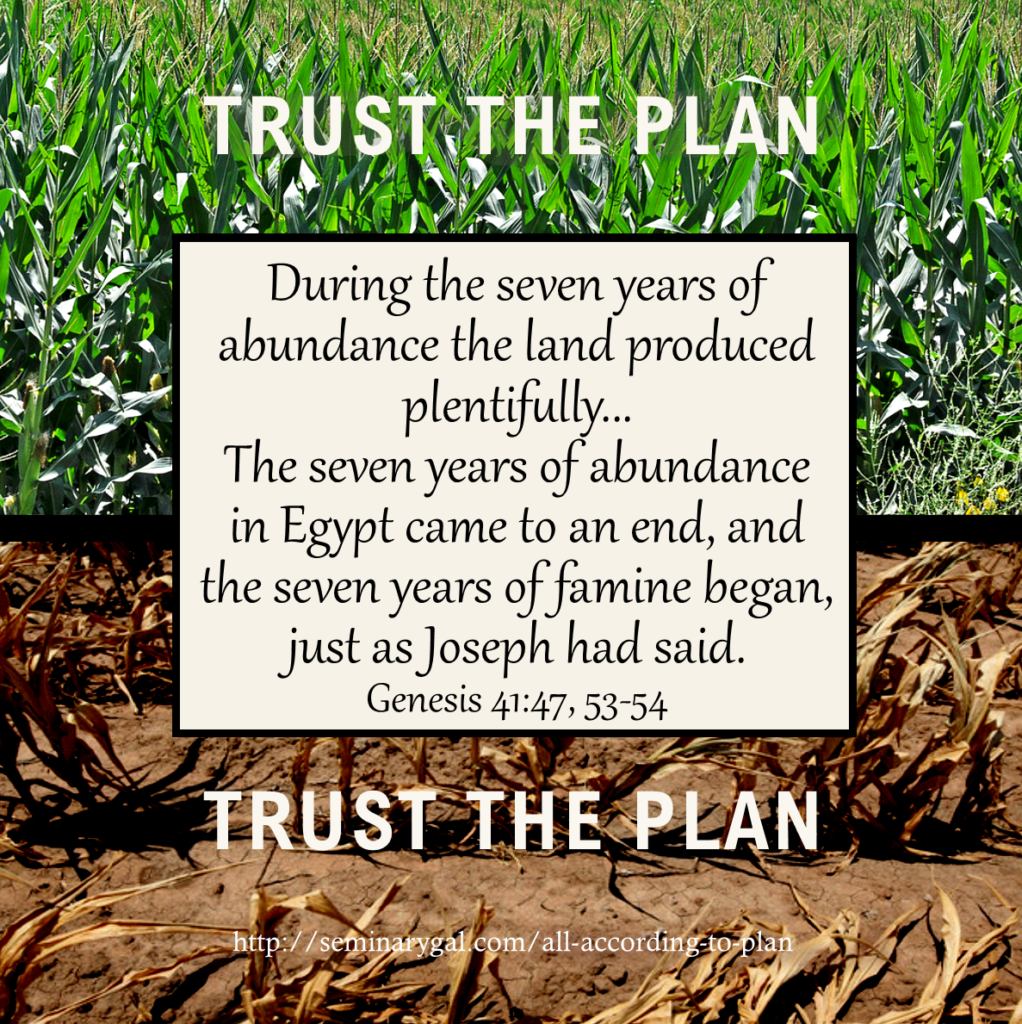
Genesis 41:53 The seven years of abundance in Egypt came to an end, 54 and the seven years of famine began, just as Joseph had said. There was famine in all the other lands, but in the whole land of Egypt there was food.
What Joseph had proclaimed was coming true. And now, the plan and preparation were paying off royally.
Genesis 41:55 When all Egypt began to feel the famine, the people cried to Pharaoh for food. Then Pharaoh told all the Egyptians, “Go to Joseph and do what he tells you.” 56 When the famine had spread over the whole country, Joseph opened all the storehouses and sold grain to the Egyptians, for the famine was severe throughout Egypt. 57 And all the world came to Egypt to buy grain from Joseph, because the famine was severe everywhere.
Think about it:
- A fourteen-year plan took fourteen years to unfold. Seeing it from the outside as a reader, millennia later, we lose sight of how it would feel in the flow of time, living it as it was unfolding. How easy would it be to have assumed the 7 good years would last? That the 7 years of famine would never come?
- We are waiting for the return of Christ. We have been promised this by none other than God Himself. That’s His plan. How are you doing with your cries for justice, your patience in waiting for His coming, and your hope that He who promised is faithful?


